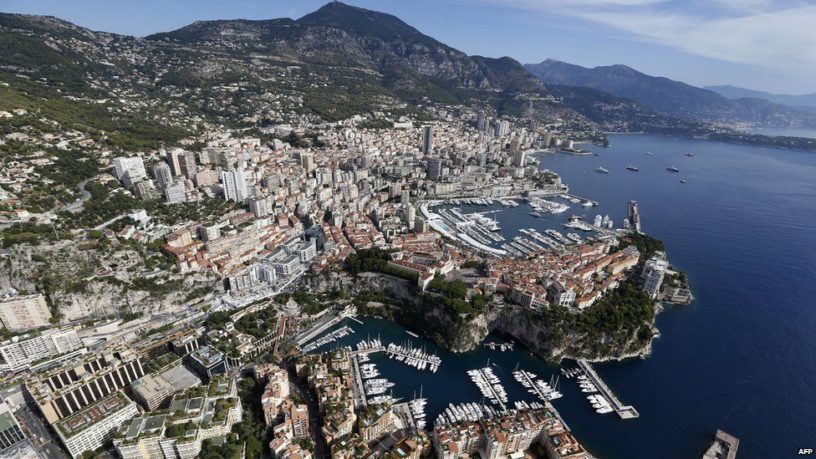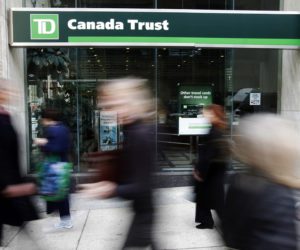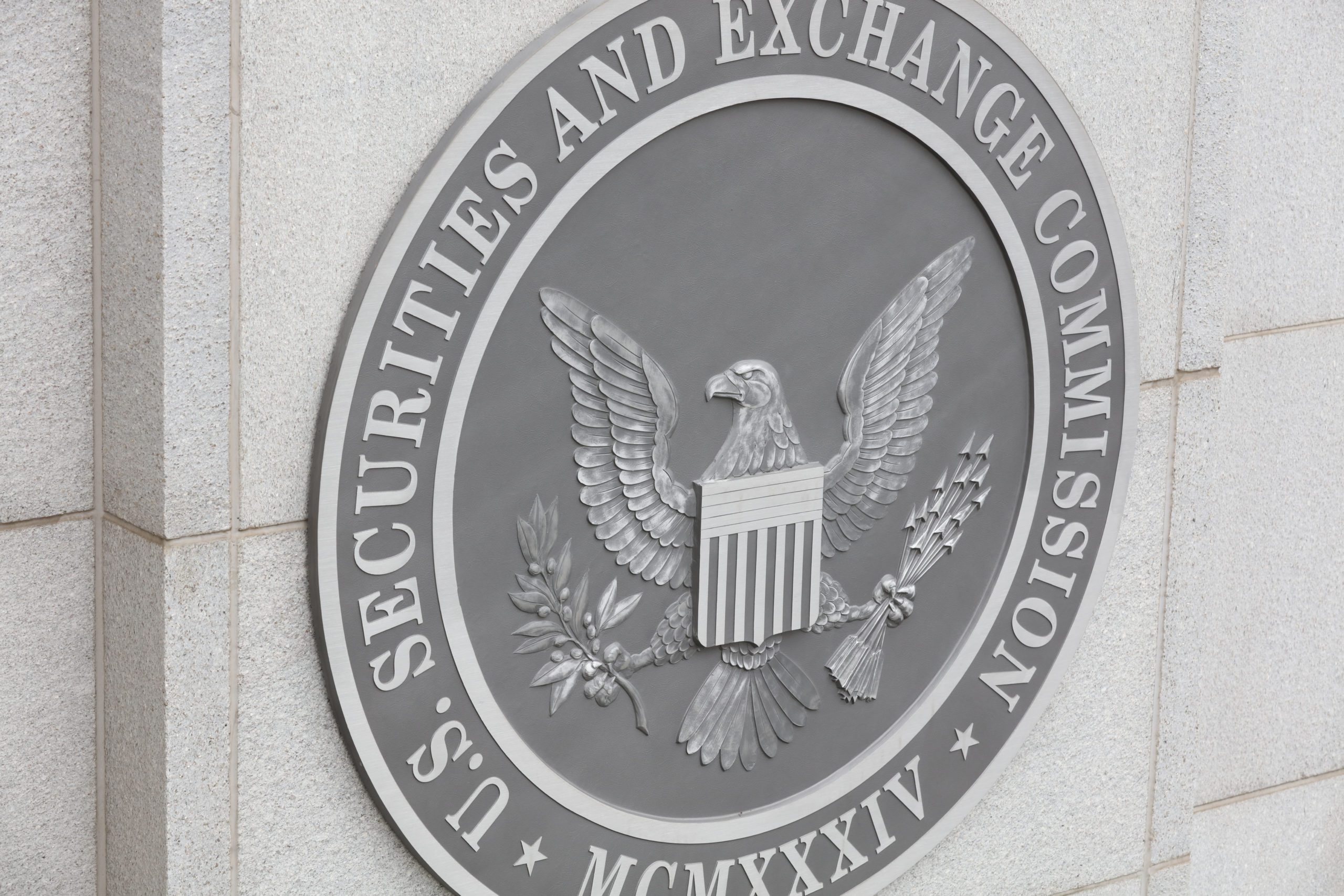By AMLi Correspondent
MEDIA across the world today published and broadcast details of the so-called ‘Pandora Papers’ – which expose the secret wealth and dealings of some well known politicians and billionaires.
The investigation has revealed that 35 current and former leaders and 300 plus public officials feature in the files which emanate from the creation of offshore companies.
The leaks link Russian President Vladimir Putin to major property and apartment assets in the principality of Monaco (photo).
A former US State Department official told the BBC the revelations could mean a company that assisted in the property deals may face sanctions.
The investigation has been co-ordinated by the International Consortium of Investigative Journalists (ICIJ) and published by media partners across the world including the Guardian, BBC and Suddeustche Zeitung, Germany’s largest newspaper.
It is the latest in a string of leaks over the past seven years, following the FinCen Files, the Paradise Papers, the Panama Papers and LuxLeaks.
They show the King of Jordan has amassed £70m of UK and US property through companies.
The BBC tonight reported also that ex-UK PM Tony Blair and his wife saved £312,000 in stamp duty when they bought a London office that was owned by a offshore company. The Blairs said the company insisted this was the only way the property could be sold – and said they would be liable to capital gains tax if they sell it on.
According to the BBC the Czech Prime Minister Andrej Babis – facing an election later this week – failed to declare an offshore investment company used to purchase two villas for £12m in the south of France.
Mr Babis did not comment on camera and accused the broadcaster of following him around for one day before putting the claims to him. After publication Babiš tweeted: “I have never done anything illegal or wrong, but that does not prevent them from trying to denigrate me again and influence the Czech parliamentary elections.”
Among the other revelations in the Pandora Papers:
- Kenya President Uhuru Kenyatta and his family own a network of offshore companies, one of which was valued as holding assets of $30m
- Members of Pakistan Prime Minister Imran Khan’s inner circle, including cabinet ministers and their families, secretly own companies and trusts holding millions of dollars
- The law firm founded by President Nicos Anastasiades of Cyprus – and now owned by his daughters – appears to have provided fake owners to disguise the real owner of a yacht linked to a former Russian politician accused of embezzlement. The law firm strenuously denies this
- Ukraine’s President Volodymyr Zelensky transferred his stake in a secret offshore company just before he won the 2019 election
- Ecuador President Guillermo Lasso, a former banker, replaced a Panamanian foundation that made monthly payments to his close family members with a trust based in South Dakota in the US
The Pandora Papers is the largest organised by the International Consortium of Investigative Journalists (ICIJ), with more than 650 reporters taking part.
The investigation team got access to 12 million documents from 14 financial services companies in countries including the British Virgin Islands, Panama, Belize, Cyprus, the United Arab Emirates, Singapore and Switzerland.
Fergus Shiel, from the ICIJ told the BBC: “There’s never been anything on this scale and it shows the reality of what offshore companies can offer to help people hide dodgy cash or avoid tax.”
He added: “They are using those offshore accounts, those offshore trusts, to buy hundreds of millions of dollars of property in other countries, and to enrich their own families, at the expense of their citizens.”
The ICIJ believes the investigation is “opening a box on a lot of things” – hence the name Pandora Papers.
Commenting on the publication, Director of the Dark Money Files, Graham Barrow said that “too many institutions, be they financial, legal, accounting or corporate service providers, are still far too willing to turn a blind eye to make a fast buck”.
He added that “we can’t keep blaming poor countries with poor governance for these problems, if the rich countries with allegedly good governance are happy to be the home for these assets, and the leaders of these self same countries either keep accepting some of the money to fund their political ambitions, or use the self same structures to fund or improve their personal wealth.”











